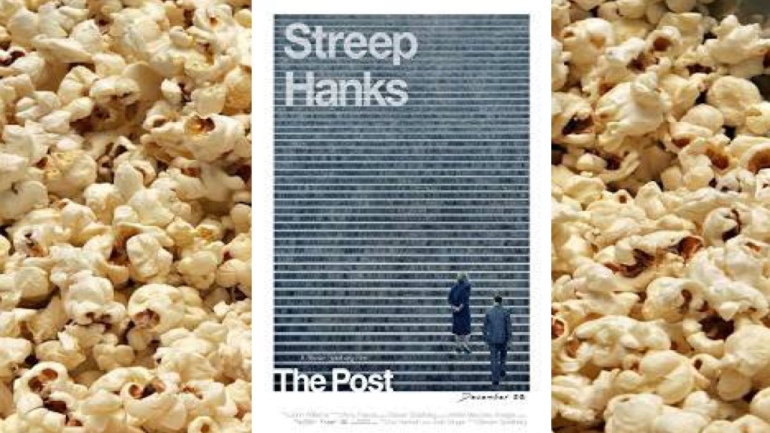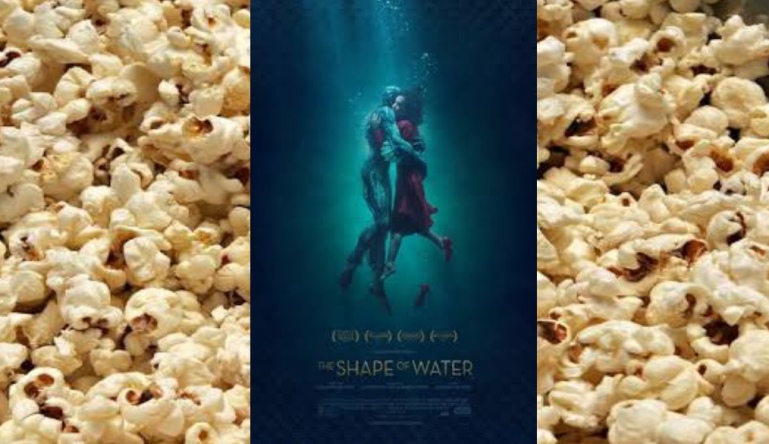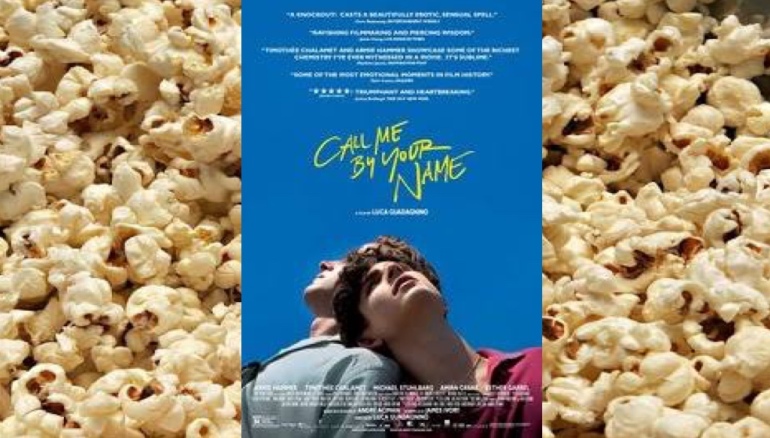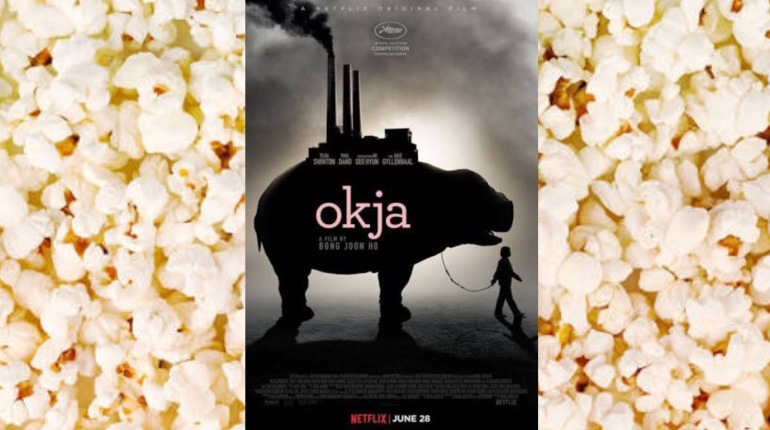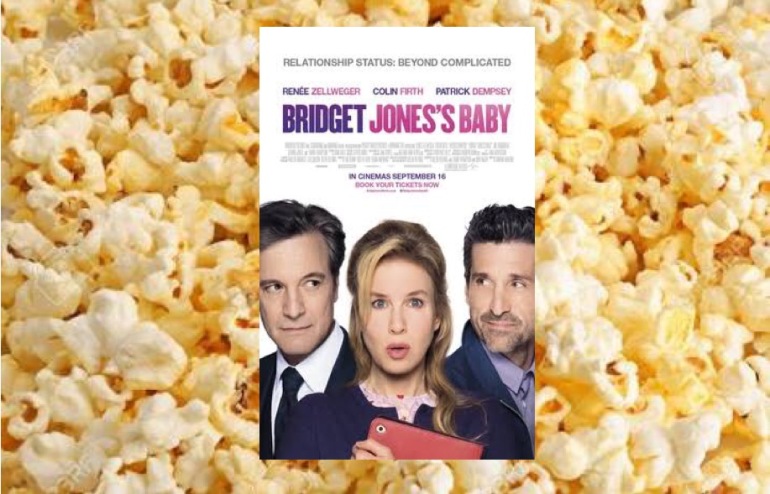What do you get when you combine Steven Spielberg, Meryl Streep, Tom Hanks, a strong female character, a script cowritten by the screenwriter of Best Picture winner Spotlight, a score by John Williams and a story centered around journalistic freedom in the era of President Trump’s “fake news”? Any guesses?
The answer is The Post, a film practically walking into the Academy Awards with arms outstretched waiting to claim its winnings. Calibre aside, this film is an interesting glimpse at the inner workings of a newspaper (The Washington Post in this case) and the conflict between the government and the press.
The film is centered around the Pentagon Papers, a series of top secret government files that detailed the failings of multiple presidents in continuing to send troops to the futile Vietnam War. After these files are leaked and published by The New York Times, The Washington Post find themselves in possession of the files and grapple with the decision to publish – risking the future of their newspaper and facing possible criminal charges in the process. The Washington Post is owned by Katharine Graham (Meryl Streep) who acquires the newspaper after the deaths of her husband and father, and is continually the target of misogynistic board members. She has the most to lose by publishing the papers, and faces pressure from both sides of the argument – with her advisors and lawyers on one side and her journalistic staff on the other, led by editor Ben Bradlee (Tom Hanks).
This movie is incredibly well-made, and remains entertaining despite the lengthy dialogue and complicated politics that define the film. Steven Spielberg is a great director (duh) and so doesn’t dwell on the logistics of the subject matter, preferring to focus on the difficulty of Graham’s decision and the different dynamics at play at the newspaper. The only issue I had with the narrative aspect of the film was the tendency to gloss over some pretty interesting aspects of the Pentagon Papers scandal in favour of a focus on Graham. I understand that this was her story and the film has to end at some point, but I think that more of an exploration of the decision of The New York Times to publish would’ve added some necessary context and enhanced the film’s journalistic integrity aspect.
There are some brilliant acting performances in this film and, if we ignore the leads for a second, the film is incredibly successful as an ensemble piece – with Bob Odenkirk, Carrie Coon and Matthew Rhys standing out. However, the movie belongs to Streep and Hanks. Streep’s restraint here is effective for Graham, and she has some great moments to show some strength at the end of the film. Hanks has the opportunity to be far more brash and intense here than usual and does so wonderfully, to the point that you can tell he is having fun with the character. The experience of watching Streep and Hanks act together is well worth the price of admission and the two complement eachother perfectly, through both their characterisation and their acting styles. The only issue I had with casting two people who are, arguably, the greatest actors of this current era is the self-awareness this film has. The film exploits any interaction the two have and has a tendency to prolong their frequent conversations to an almost mundane level, as if to say look -it’s Tom Hanks and Meryl Streep and they’re *acting*! This can get a little bit tedious and there were plenty of other interesting events/characters that could have used that screen time to further the film.
Overall, The Post offers an interesting perspective on an oft-discussed area of history, and has relevance to today’s political climate – making it a worthy Best Picture nominee. I’m giving it four out of five popcorns.

